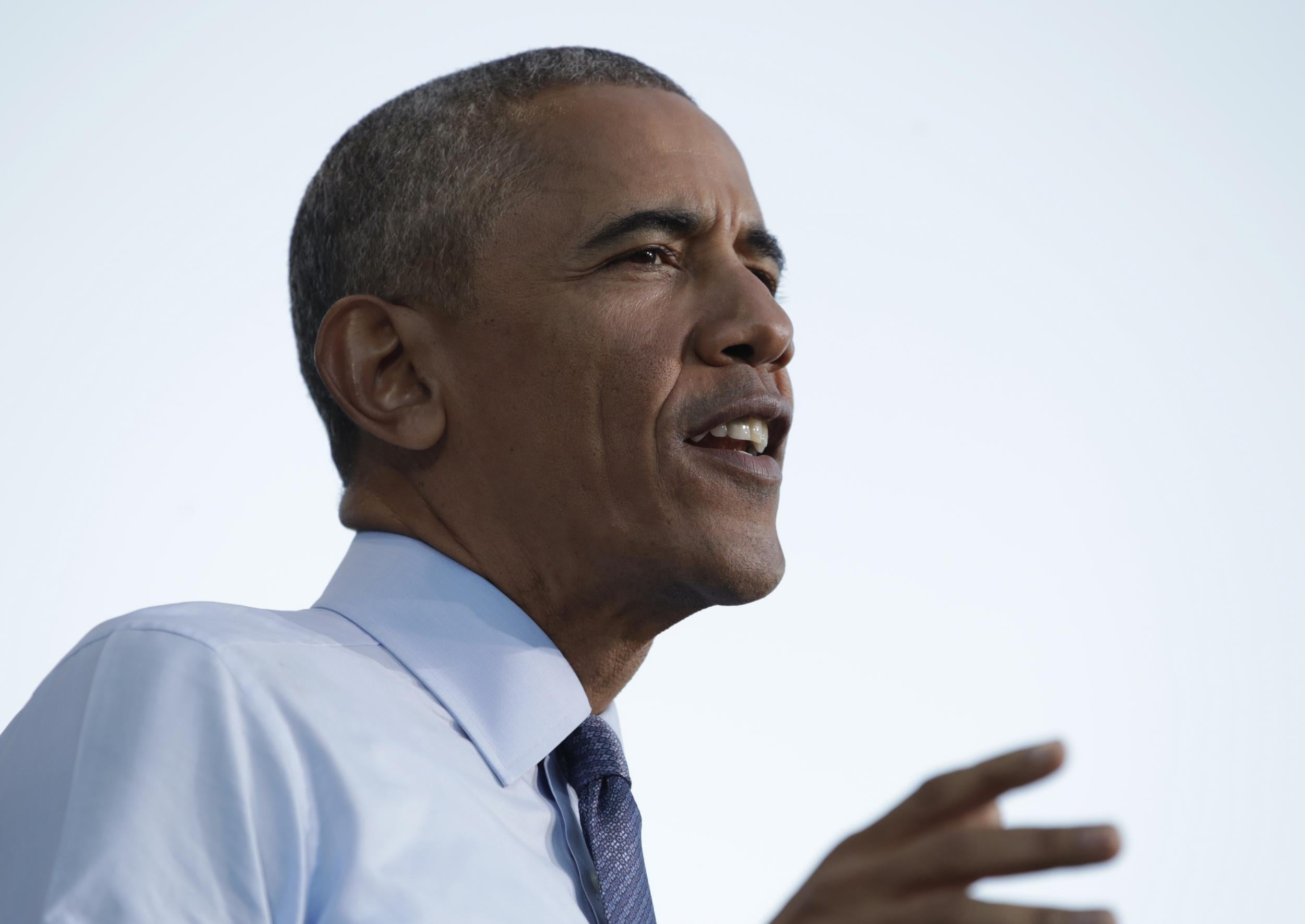Is the entire GDP of Africa really just equal to that of France?
Obama speech claim fact-checked by South African non-profit

Last month, Barack Obama hosted a number of African heads of state for a business summit in New York, where we said the world was “just scratching the surface” of the continent’s potential.
The US President said that, while he would only be in office for a few more months, he would suggest a renewed focus on “integrating African economies, diversifying African exports and bringing down barriers at the borders”.
During his speech, he put out an extraordinary statistic, stating that “despite significant growth in much of the continent, Africa’s entire GDP is still only about the GDP of France”. Can that really be true?
France’s population, according to the latest World Bank figures, is 66 million. Its gross domestic product - the total value of goods and services produced in a country during one year - is $2.42 trillion.
Getting an accurate figure for the GDP of the 1.2 billion people in Africa’s 55 recognised states is considerably more difficult.
According to the South Africa-based non-profit Africa Check, which fact-checked Mr Obama’s speech, only seven of the continent’s countries report their GDP in a way that is compliant with UN statistical standards.
That means the numbers are open to broad discrepancies. In the 2015 World Bank figures, the most recent data we have for France, the combined GDP of Africa was $2.24 trillion - some way short of the European nation.
But, Africa Check notes, there were no data available for that year for seven African states. As a result, the most recent GDP complete figure for Africa that we have is 2014, when 53 countries (excluding Eritrea and Western Sahara) had a combined output of $2.74 trillion.
In 2014, France’s GDP was up at $2.83 trillion. On this basis, we can say Mr Obama was correct.
Yet GDP is an unwieldy measure, given the fluid value of a dollar across the world. Simply put, you will get more bang for you buck in Harare than you will in Houston.
As such, countries also measure their output in GDP “PPP” - standing for purchasing power parity. It’s a standardised figure for what countries’ relative GDPs would be, if all other things were equal.
On that basis, France’s GDP (PPP) for 2014 is little changed, at $2.66 trillion.
But according to Africa Check, International Comparison Programme data gave 52 African countries a GDP (PPP) for the same year of $5.35 trillion.
Neither measure is perfect.
But if you are talking from a global trade perspective, Mr Obama is probably right to say that Africa and France have “about” the same GDP. If you making a rough comparison of people’s local purchasing power, he’s some way out.
Join our commenting forum
Join thought-provoking conversations, follow other Independent readers and see their replies
Comments